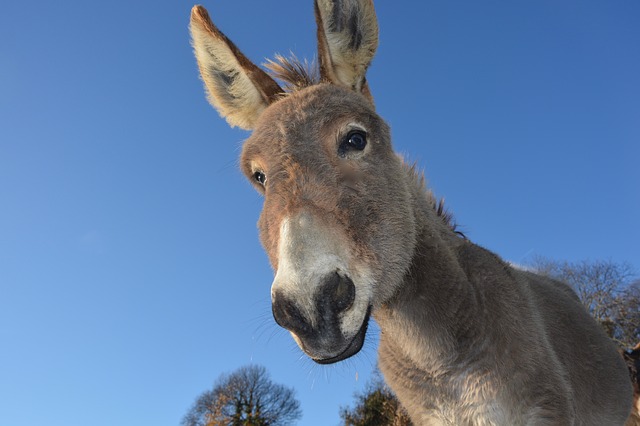The Florida Department of Agriculture and Consumer Services (FDACS) reported a Eastern Equine Encephalitis (EEE) case in an unvaccinated donkey in Orange County.

The donkey, a four-year-old mare, began showing symptoms in mid- November–down, recumbency, unable to rise. The animal was euthanized.
This is Florida’s 22nd confirmed case of EEE in 2020. In 2020, positive samples from 49 sentinel chickens, 22 horses, one deer, one duck, two sparrows, and one mosquito pool have been reported from 27 counties.
No human infections have been reported this year.
Eastern Equine Encephalitis (EEE) is spread to horses and humans by infected mosquitoes, including several Culex species and Culiseta melanura.
In horses, the virus causes inflammation or swelling of the brain and spinal cord. General symptoms include central nervous system signs such as: head pressing, convulsions, lack of response to facial stimulation, fever above 103 degrees, ataxia, paralysis, anorexia, depression and stupor. Other symptoms may include irregular gait, teeth grinding, in-coordination, circling, and staggering. All symptoms may not be exhibited by an infected horse.
The mortality rate in horses from EEE is almost 90%.




